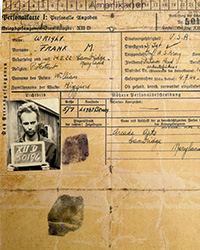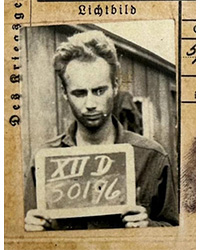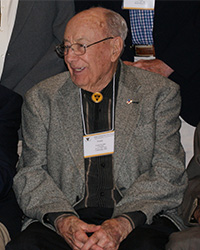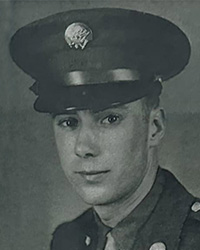
S/Sgt. Frank M. Wright
13104840
E company, 331st Infantry Regiment, 83rd Infantry Division
May 14, 1922 - September 12, 2016
S/Sgt. Frank M. Wright
13104840
E company, 331st Infantry Regiment
83rd Infantry Division
Awards and decorations
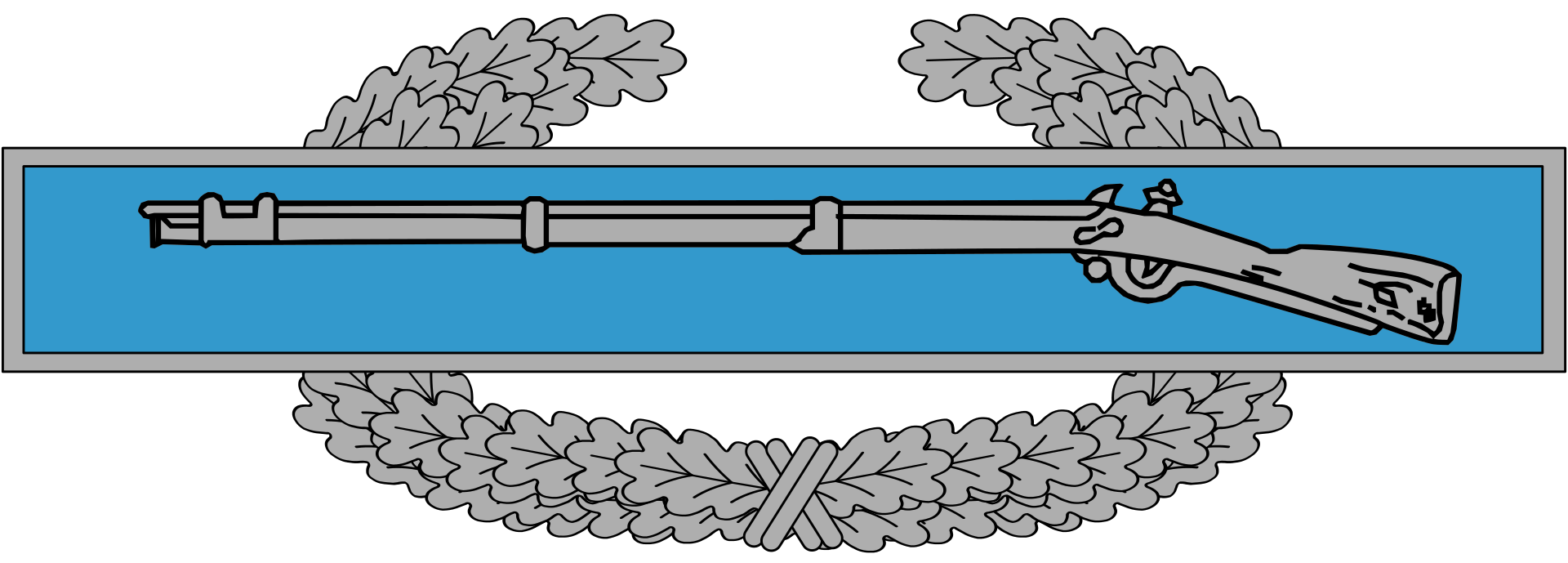







Biography and Wartime Service
Frank M. Wright was born on May 14, 1922, in Cambridge, Maryland to the late William and Mary Wright. Frank joined the U.S. Army (#13104840) in October 1942 and spent most of the next two years training at Camp Atterbury in Indiana. In spring 1944, he left with other soldiers for New York City, where they sailed aboard the USS George Washington to England. Frank Wright was a member of Company E of the 331st Infantry, 83rd Division, when he landed on Omaha Beach June 23, 1944, to relive the 101st Airborne. The beach landing at that time was with "light resistance" from the Germans.
Frank and his fellow E Co men continued making their way inland, dodging German artillery, mortars and small arms fire for a week, on their way to the occupied town of Carentan. Wright was a staff sergeant in one of three squads sent to Carentan (there were 12 men to a squad and that three squads made a platoon, for a total of 37 men, including the overall platoon sergeant). Camping near the town of Carentan, the first thing the platoon did before settling in for the night was send out a patrol to see if enemy forces were in the area. That evening’s scouting patrol reported there should be few problems with the Germans the following morning. But that night, as Wright and his colleagues slept, a German Panzer tank unit moved into the area. During the battle the next morning, Wright was fortunate to be in the last squad to advance. They soon discovered most of those who had gone before them were dead or wounded.
The fighting was bloody, causalities were high, and in fewer than two hours after they crossed the line of departure they were captured. They lost near about the whole platoon. Of the 37 men sent on the mission, only six were not killed or wounded and one of the German soldiers announced, in perfect English, "You are all surrounded, surrender or we will kill the rest of you." Wright pulled a white handkerchief from his pocket and waved it. He and his remaining able-bodied colleagues were allowed to go onto the battlefield to retrieve wounded soldiers until a German soldier was killed. With that, they were all rounded up for processing as prisoners of war (POW). The Morning Reports from July 15, 1944 listed Frank Wright and 34 other men as Missed In Action (MIA) as of July 4, 1944.They were marched to Paris and placed on a train bound for a prisoner of war camp in Poland. The waiting boxcar was strafed by American planes, until the soldiers were able to get out of the boxcar and spell out POW using their bodies and shirts.
Wright spent most of his time as a prisoner in Stalag III-C. Stalag III-C was a German Army World War II POW camp for Allied soldiers. It was located on a plain near the village of Alt Drewitz bei Küstrin in the Neumark of the state of Brandenburg, (now Drzewice, Kostrzyn nad Odra, Poland), about 50 miles (80 km) east of Berlin. At the POW camp, the daily rations consisting of a loaf of bread and a canteen cup of soup, had to be split between five to seven men. Incarcerated for about six months, he lost about 40 pounds, reduced to a weight of 98 pounds when he was liberated.
Initially the camp served as a place of internment for several thousand soldiers and NCOs from Poland, France, Britain, Yugoslavia and Belgium. From 1943, a number of Italian POW's were also held there. From 1944, soldiers from the United States of America were kept there too. The majority of the Soviet prisoners (up to 12000) were killed or starved to death. Most of the lower rank prisoners were sent to Arbeitskommandos to work in industry and on farms in Brandenburg. Also Frank has to worked on a farm digging potatoes and was allowed an extra bowl of soup a day. The rooms in the camps were about 10 feet by 14 feet for 18 men. You received one blanket and slept on boards. There was no linen, no footwear and no clothing.
On January 1, 1945, a small Russian tank company, made up mostly of women, liberated Wright's camp and supplied the men with weapons. The Russians told the former POWs they would need to walk to Odessa to find their way back home. Wright teamed up with another former POW from Poland and together they headed for a train station where they could find their way to Warsaw. He left with two other soldiers. Despite harsh treatment and conditions for nearly six months, Wright believe that he would survive the experience. "We prayed," he said. "That was all you could do." Along the way, they met a Polish man carrying what appeared to be gas tanks, who stopped and offered them a drink of what turned out to be vodka. The train was made up of flat cars, with hundreds of people riding out in the open. Things went well until the train collided with another train. His Polish friend warned him to join him in running away from the chaotic scene, just as someone shot the engineer of one train.
When they got to Warsaw the city was nearly leveled. "The Germans had bombed it to nothing." Five days later, Wright finally made it to Odessa, where he recalled being treated very well by the Russians, enjoying hearty soup and his first warm shower, part of a delicing process. From Odessa, traveled by ship to Port Said, Egypt, and then to Naples, Italy, where he stayed enjoyed a stay of 10 days. Then he boarded an American troop ship bound for the U.S. After 35 days of leave, he was ordered to Fort Hood, Texas, to train new recruits who were destined for Japan. Although the war in Europe was over, the war in the Pacific continued until one day on the training field he began to hear people cheering in the distance "I think the war is over," Wright said, "and that is what it was."
I had the pleasure of meeting him and his daughter Beth Reed at the 69th Anual Reunion of the 83rd Division Association August 2015.
Gallery
click on the images to enlarge
